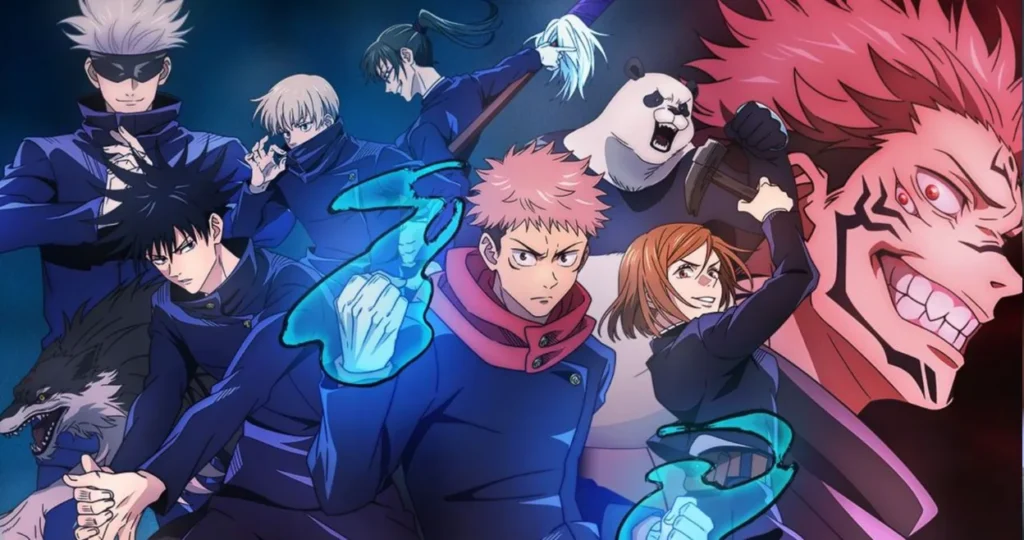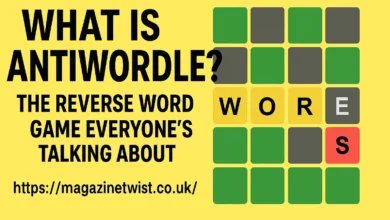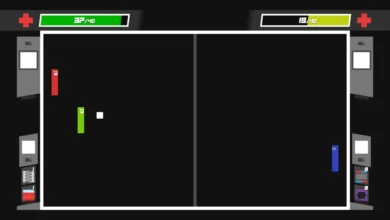The Rise of Jujutsu Kaisen: Exploring the Phenomenon of the JJK Manga

JJK Manga often abbreviated as JJK, has taken the manga and anime world by storm since its debut in 2018. Created by Gege Akutami, this dark fantasy series blends supernatural elements, intense battles, and deeply human themes to craft a narrative that resonates with audiences globally. At its core, JJK revolves around cursed energy—a malevolent force born from negative human emotions—and the jujutsu sorcerers who combat the threats it spawns. What sets this manga apart is its ability to balance visceral action with emotional depth, creating a story that feels both thrilling and introspective.
JJK manga protagonist, JJK Manga begins as an ordinary high school student with extraordinary physical abilities. His life takes a drastic turn when he consumes a cursed object—a finger belonging to Ryomen Sukuna, the “King of Curses.” This act binds Sukuna’s soul to Yuji’s body, thrusting him into the hidden world of jujutsu sorcery. The series’ premise is simple yet compelling: Yuji must collect and consume all of Sukuna’s fingers to eliminate the curse, all while navigating the moral complexities of his newfound role.
JJK Manga storytelling shines in its refusal to shy away from darker themes. Death, sacrifice, and existential dread are woven into the fabric of JJK, giving it a raw, unfiltered edge. Yet, moments of humor and camaraderie prevent the narrative from becoming overly bleak. This duality has cemented JJK as a modern classic, appealing to fans of both shonen action and psychological drama.
The Artistry and Narrative Depth of Jujutsu Kaisen JJK Manga

One of the most striking aspects of Jujutsu Kaisen is its visual and narrative craftsmanship. Gege Akutami’s art style is dynamic, characterized by intricate linework, expressive character designs, and meticulously choreographed fight scenes. Each panel feels alive, whether it’s capturing the chaos of a cursed spirit’s rampage or the quiet intensity of a character’s internal struggle. The manga’s aesthetic is gritty yet polished, mirroring the series’ thematic tension between beauty and horror.
Narratively, JJK Manga many shonen tropes while still honoring the genre’s traditions. For instance, the concept of “strength” is repeatedly deconstructed. Characters like Satoru Gojo—a fan-favorite mentor figure—embody near-invincibility, yet their power often isolates them emotionally. Conversely, weaker characters like Nobara Kugisaki and Megumi Fushiguro rely on strategy and resilience, proving that victory isn’t solely dependent on raw power. This nuanced approach to character development ensures that no one feels expendable; even side characters receive arcs that enrich the overarching plot.
The world-building in JJK is equally impressive. The hierarchy of jujutsu society, the mechanics of cursed techniques, and the lore surrounding Sukuna are all explored with meticulous care. Akutami avoids info-dumping, instead revealing details organically through character interactions and plot progression. This creates a sense of immersion, as readers piece together the rules of the world alongside the protagonists.
Key Themes and Symbolism in Jujutsu Kaisen
At its heart, Jujutsu Kaisen is a meditation on humanity’s relationship with fear and suffering. Curses in the series are manifestations of collective human negativity—rage, grief, envy—and the sorcerers who fight them are essentially battling the darkest aspects of human nature. This metaphor extends to the characters themselves, many of whom grapple with internal demons. Yuji’s coexistence with Sukuna, for example, mirrors the struggle to reconcile one’s altruistic ideals with inherent selfishness.
Another recurring theme is the cost of power. Characters like Gojo and Sukuna are godlike in their abilities, but their strength often comes at a personal cost. Gojo’s isolation as the “strongest” sorcerer highlights the loneliness of unmatched prowess, while Sukuna’s nihilistic worldview underscores the emptiness of power without purpose. These contrasts invite readers to question what true strength entails—is it physical dominance, emotional resilience, or something more intangible?
The series also critiques systemic corruption. The jujutsu establishment is portrayed as bureaucratic and morally ambiguous, willing to sacrifice individuals for the “greater good.” This mirrors real-world issues like institutional neglect and the dehumanization of those deemed expendable. By embedding social commentary into its fantasy framework, JJK elevates itself beyond mere entertainment, offering a lens through which to examine contemporary societal flaws.
The Cultural Impact of Jujutsu Kaisen
Since its serialization in Weekly Shonen Jump, Jujutsu Kaisen has become a cultural juggernaut. The manga has sold over 80 million copies worldwide, while its anime adaptation, produced by MAPPA, broke streaming records and introduced the series to a broader audience. Merchandise, fan art, and cosplay have further solidified JJK’s place in pop culture, with characters like Gojo and Sukuna becoming iconic figures in the anime community.
Part of JJK’s appeal lies in its accessibility. While it delves into complex themes, its fast-paced storytelling and relatable characters make it easy for newcomers to dive in. The series also benefits from a diverse cast, with strong female characters like Nobara and Maki Zenin challenging gender norms typically seen in shonen manga. This inclusivity has resonated with fans, fostering a passionate and inclusive fandom.
Moreover, JJK has influenced other media, inspiring video games, light novels, and even academic discussions about its philosophical undertones. Its success has also revitalized interest in dark fantasy manga, paving the way for newer series to explore similarly mature themes.
The Future of Jujutsu Kaisen

As Jujutsu Kaisen approaches its final arcs, speculation about its conclusion runs rampant. Will Yuji succeed in eradicating Sukuna? What fate awaits the jujutsu world? Akutami has hinted at a bittersweet ending, staying true to the series’ penchant for emotional complexity. Regardless of how it concludes, JJK’s legacy is already secure. It has redefined modern shonen storytelling, proving that action-packed narratives can coexist with profound thematic depth.
Looking ahead, spin-offs and prequels could expand the JJK universe. The Jujutsu Kaisen 0 prequel film, which focused on Yuta Okkotsu, demonstrated the potential for exploring secondary characters’ backstories. Future projects might delve into Gojo’s past, the origins of cursed energy, or the rise of Sukuna, offering fans new avenues to engage with the lore.
FAQs About Jujutsu Kaisen
Q: What does “Jujutsu Kaisen” mean?
A: The title translates to “Sorcery Fight” or “Sorcery Battle,” reflecting the series’ focus on conflicts involving cursed energy and jujutsu sorcerers.
Q: What makes JJK different from other shonen manga?
A: Its willingness to kill off major characters, explore moral ambiguity, and integrate psychological themes sets it apart from more traditional shonen series.
Q: Is the manga better than the anime?
A: Both have strengths—the manga offers deeper narrative details, while the anime enhances action scenes with animation and music.
Q: Who are the main antagonists in JJK?
A: Sukuna and Kenjaku (formerly Geto) are central villains, though the line between ally and enemy often blurs.
Q: Will there be more JJK content after the manga ends?
A: While nothing is confirmed, spin-offs, films, or sequels are likely given the series’ popularity.



